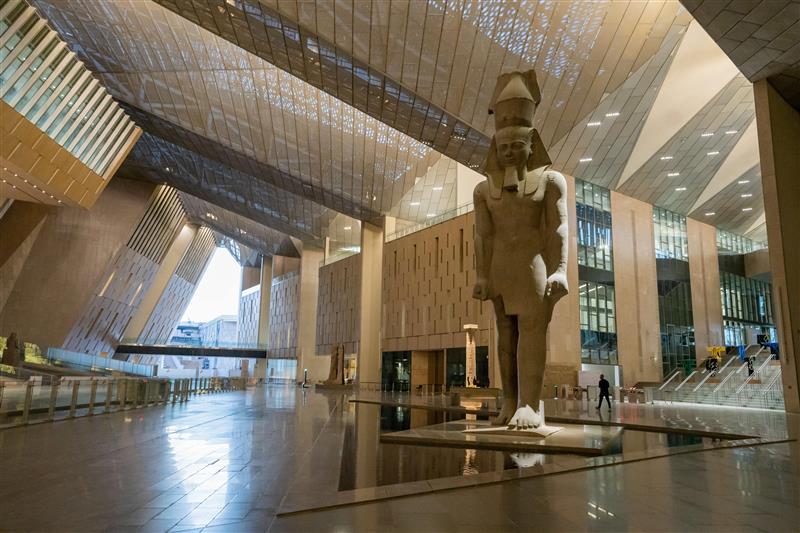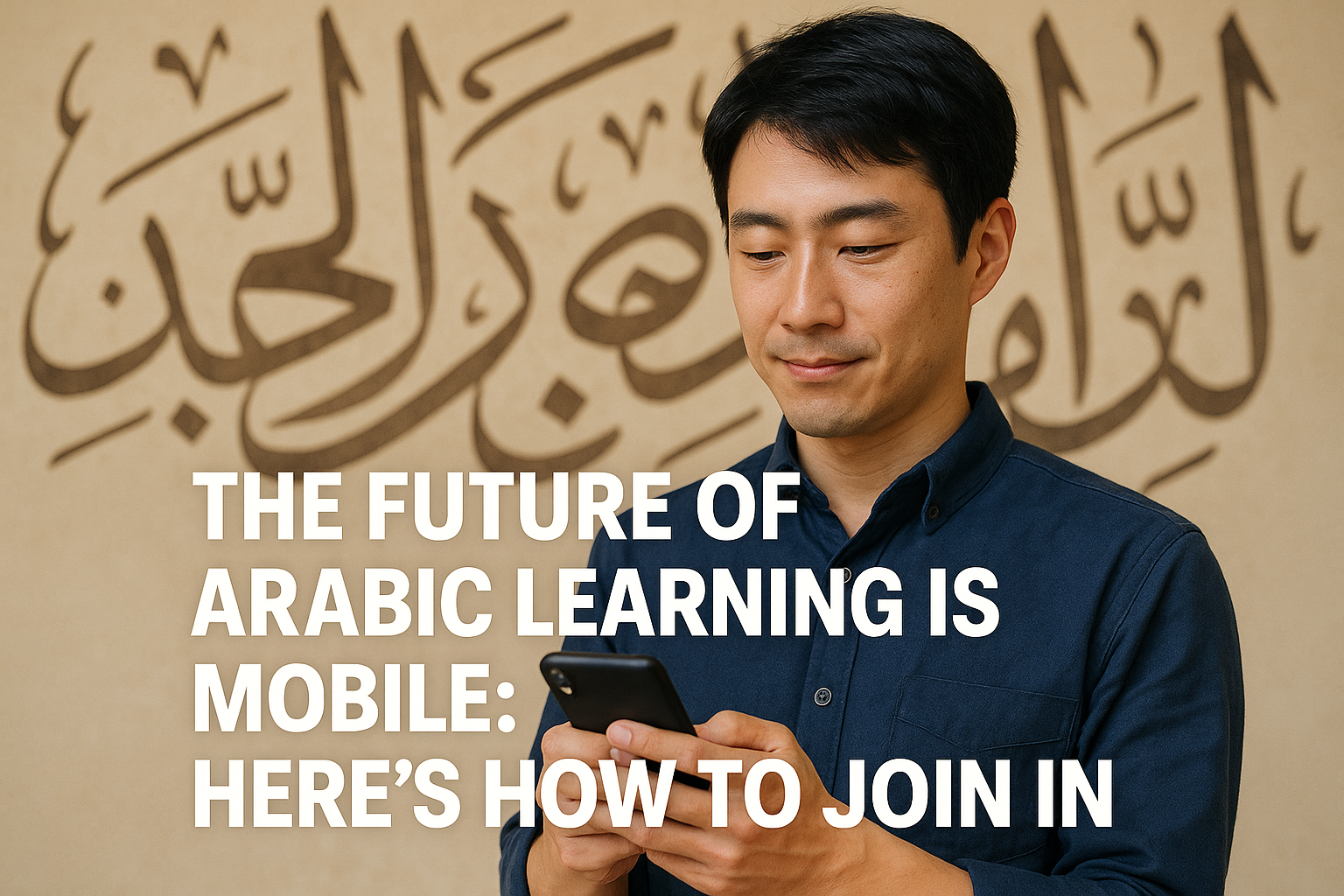Your Guide to Arabic Conversation

Arabic is one of the most widely spoken languages in the world, rich in history, culture, and beauty. Whether you’re learning Arabic for travel, work, religious reasons, or personal growth, mastering Arabic conversation is key to real fluency. In this comprehensive guide, we’ll explore the steps, tips, and resources you need to start speaking Arabic confidently.
Why Focus on Arabic Conversation?
When learning a new language, especially one as deep and expressive as Arabic, many students begin by memorizing vocabulary and grammar rules. While this is important, Arabic conversation is where everything comes together.
Engaging in conversation helps you:
-
Internalize vocabulary and grammar
-
Improve pronunciation and fluency
-
Understand cultural expressions and body language
-
Build real-world communication skills
In short, practicing Arabic conversation takes your learning beyond the textbook and brings it to life.
Understanding the Types of Arabic
Before jumping into Arabic conversation, it’s important to understand the types of Arabic you might encounter:
1. Modern Standard Arabic (MSA)
MSAis used in news, formal writing, speeches, and education. While it’s not used in daily conversations, it’s the foundation of all Arabic and is understood across the Arab world.
2. Colloquial Arabic (Dialects)
Different countries and regions have their own spoken dialects, such as:
-
Egyptian Arabic (widely understood due to movies and media)
-
Levantine Arabic (spoken in Lebanon, Syria, Jordan, Palestine)
-
Gulf Arabic (spoken in the Arabian Gulf countries)
-
Maghrebi Arabic (spoken in Morocco, Algeria, Tunisia)
When learning Arabic conversation, decide whether you want to focus on MSA, a specific dialect, or a mix of both. At Al Arabiya Institute, we help you choose the best path based on your goals.
The Foundations of Arabic Conversation
1. Essential Vocabulary
Start with everyday words and phrases:
-
Greetings: السلام عليكم (As-salāmu ʿalaykum) – Peace be upon you
-
How are you?: كيف حالك؟ (Kayfa ḥāluka/ḥāluki)
-
Thank you: شكراً (Shukran)
-
Please: من فضلك (Min faḍlik)
Memorize basic nouns, verbs, and adjectives that are frequently used in daily Arabic conversation.
2. Common Phrases and Expressions
Learn practical phrases like:
-
I don’t understand: لا أفهم (Lā afham)
-
Can you help me?: هل يمكنك مساعدتي؟ (Hal yumkinuka musāʿadatī?)
-
Where is the bathroom?: أين الحمام؟ (Ayna al-ḥammām?)
These phrases are invaluable in real-life situations.
3. Pronunciation and Listening
Arabic pronunciation can be tricky for beginners due to sounds not found in English (like ع and ق). Practice listening and repeating:
-
Watch Arabic videos with subtitles
-
Repeat what you hear aloud
-
Mimic native speakers
At Al Arabiya Institute, our teachers guide students through pronunciation drills and listening exercises to make Arabic conversation smoother and more natural.
How to Practice Arabic Conversation Effectively
1. Speak from Day One
Don’t wait until you “know enough.” Start speaking from day one—even if it’s just greetings. The sooner you speak, the faster you’ll improve.
2. Use Language Exchange Apps
Connect with native Arabic speakers who want to learn your language. Apps like HelloTalk and Tandem are great for practicing Arabic conversation in real-time.
3. Join Online Arabic Courses
A structured course with professional teachers gives you confidence, feedback, and progression. Al Arabiya Institute offers online Arabic courses with experienced teachers, personalized learning paths, and the best prices. Plus, you can get a free trial lesson to see how it works for you.
4. Practice with a Partner or Tutor
Nothing beats speaking Arabic regularly. Whether it’s a friend, tutor, or teacher, consistent practice is key to mastering Arabic conversation.
5. Immerse Yourself
Watch Arabic shows, listen to Arabic music, follow Arabic social media. Surrounding yourself with Arabic boosts your listening and helps you think in the language.
Arabic Conversation Tips for Beginners
Here are some practical tips to boost your Arabic speaking skills:
-
Be patient with yourself: Mistakes are part of learning.
-
Learn phrases, not just words: This helps with flow and context.
-
Use gestures and facial expressions: These support communication even when you lack vocabulary.
-
Focus on listening: The more you understand, the easier it is to respond.
-
Repeat and recycle: Repetition helps with memory and fluency.
-
Record yourself: Listen to your recordings to identify areas for improvement.
Challenges in Arabic Conversation and How to Overcome Them
1. Fear of Speaking
Many learners feel shy or afraid to speak Arabic in front of others. The solution? Practice in a safe, supportive environment like the one offered at Al Arabiya Institute, where patient, native-speaking teachers encourage active conversation without fear of judgment.
2. Understanding Dialects
If you’ve learned MSA but struggle to understand dialects, don’t worry. Start with one dialect and expose yourself to content in that dialect. Our institute offers dialect-specific courses tailored to your interests.
3. Speed of Native Speakers
Arab speakers can talk fast! Slow down conversations by asking:
-
“من فضلك، تحدث ببطء” (Min faḍlik, taḥaddath bi-but’!) – Please speak slowly.
Our lessons train your ear to catch the rhythm and speed of Arabic conversation naturally.
Sample Arabic Conversation: Beginner Level
Here’s a simple example of a basic Arabic conversation:
A: السلام عليكم
B: وعليكم السلام
A: كيف حالك؟
B: بخير، الحمد لله. وأنت؟
A: أنا أيضاً بخير. شكراً لك.
Translation: A: Peace be upon you.
B: And peace be upon you, too.
A: How are you?
B: I’m fine, praise be to God. And you?
A: I’m fine too. Thank you.
Practicing short dialogues like this is a great way to build confidence in Arabic conversation.
Why Choose Al Arabiya Institute?
There are many Arabic learning platforms online, but Al Arabiya Institute stands out for several reasons:
-
Expert Teachers: Our instructors are native speakers with years of experience teaching Arabic to non-Arabic speakers.
-
Personalized Lessons: We tailor courses to your level, goals, and preferred dialect or MSA.
-
Best Prices Online: We believe quality Arabic education should be affordable for everyone.
-
Free Trial Lesson: Try our program risk-free and experience how we make Arabic conversation accessible and enjoyable.
Whether you’re starting from scratch or want to boost your conversation skills, we’re here to help you every step of the way.
Conclusion: Start Your Arabic Conversation Journey Today
Mastering Arabic conversation opens the door to deeper connections, richer cultural experiences, and greater understanding of the Arab world. It’s not just about speaking a language—it’s about living it.
With consistent practice, the right resources, and guidance from experienced teachers, you can achieve real fluency. At Al Arabiya Institute, we’re dedicated to helping you succeed through expert-led online courses, flexible schedules, and unbeatable pricing.
Take the first step today. Book your free trial lesson and start your journey to confident Arabic conversation with us.








